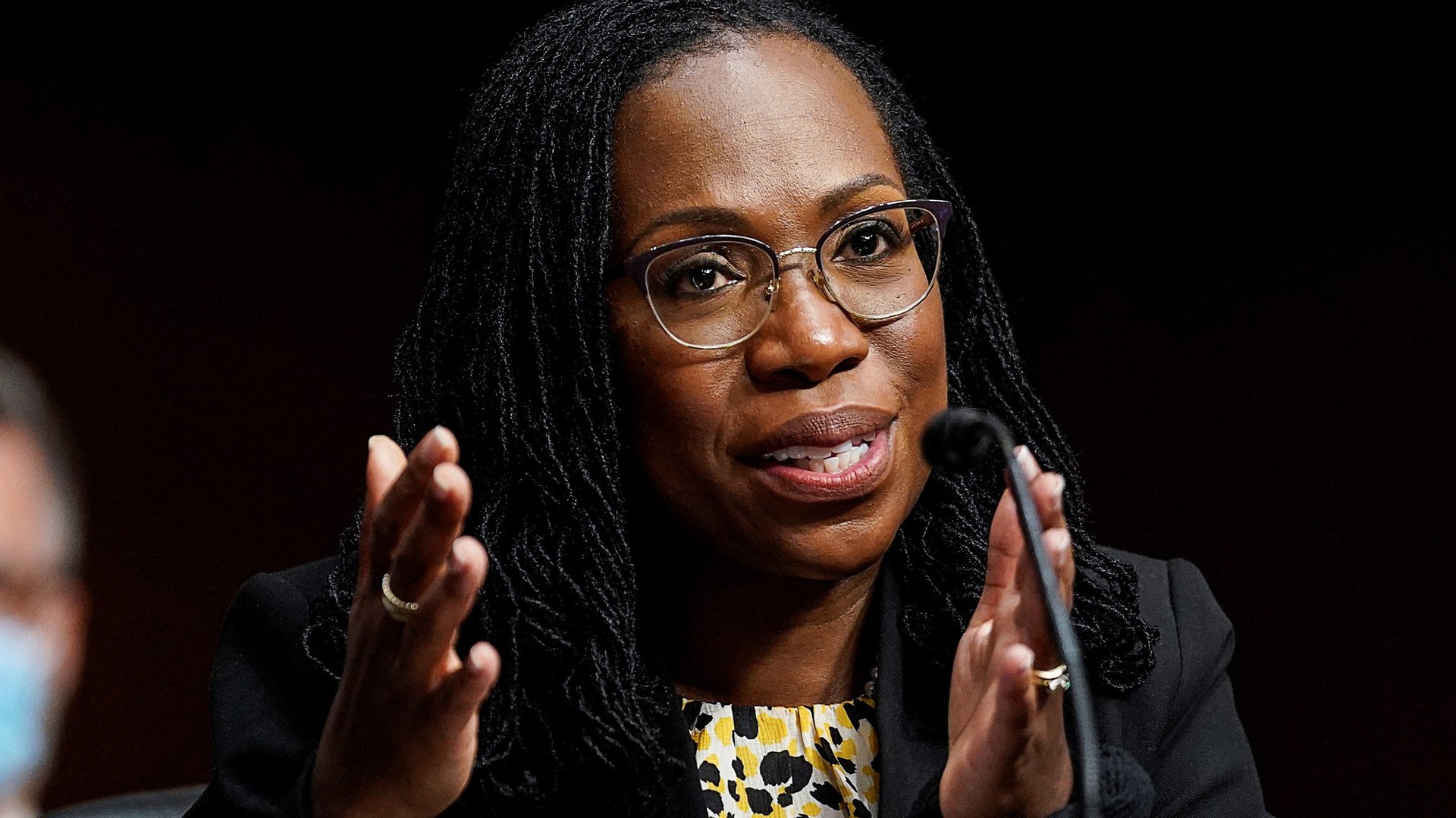I know Ketanji Brown Jackson is qualified for the Supreme Court because of how she decided my lawsuit
Ketanji Brown Jackson came prepared. From the first question she asked, to the last, it was clear that she fully understood my case and was engaged with the issues in front of her. I wanted free copies of statistical databases. The government did not want to hand them over. So there we were: Yanofsky vs Department of Commerce, Judge Ketanji Brown Jackson presiding.


Ketanji Brown Jackson came prepared. From the first question she asked, to the last, it was clear that she fully understood my case and was engaged with the issues in front of her. I wanted free copies of statistical databases. The government did not want to hand them over. So there we were: Yanofsky vs Department of Commerce, Judge Ketanji Brown Jackson presiding.
She was skeptical of the government’s changing arguments, asked pointed questions, and at moments seemed more prepared than the US attorneys defending the case. It was no surprise to me president Joe Biden nominated her to the US Supreme Court.
Ketanji Brown Jackson was deeply prepared
While the DC District Court hears a lot of FOIA cases, mine was different. I was arguing about fees—not secrets, missing documents, or privacy. Lawyers had spent a year exchanging written arguments. After the hearing I had no doubt Judge Brown Jackson had read all 624 pages.
She wasted no time rehashing what had already been written, and sharply probed each side to expand on their arguments.
I was told later that this was not always the case. Judges at the district level and lower can be lackadaisical in their attention to thorny issues in cases like mine. Getting a judge like Brown Jackson was the best I could have hoped for.
She was incisive and focused on the bench
Brown Jackson pressed the government to produce a statute that authorized them to charge for the data. A government lawyer cited three laws to take together as that statute.
Brown Jackson—ready for this answer—pointed out that none of those three laws contained the words “records,” “documents,” “information,” or “fee,” but rather authorize the “encouragement” of “contributions.”
“You always want the judges to ask what in your view is the right questions,” one of my lawyers, Katie Townsend reflected when I asked her about Brown Jackson. “If the court is asking you what you think are the hard questions that means they’re really prepared.” Townsend directs the legal efforts at the Reporters Committee for Freedom of the Press. Her team has represented me pro bono.
The Reporters Committee has identified at least 80 decisions Judge Brown Jackson has made in FOIA-related cases.
“She was extraordinary,” my father, a corporate lawyer, remembered. He was impressed by her questioning and recalled whispering to my mother, “she’s the real deal,” during the hearing. My mother confirmed the whisper.
Ketanji Brown Jackson saw through the government’s strained arguments
Eventually, she ruled in my favor, saying the laws Commerce pointed to “cannot plausibly be read” to contain the requirements needed to supersede FOIA’s fee rules. She also decided partially against me, finding that the government was allowed to change its reasoning.
Nonetheless, my fight for the data winds on. I’m waiting on a ruling in another lawsuit, because the government gave me the wrong data. If I ever get another day in court in that case, I’ll be lucky to get an attentive judge like Brown Jackson again.